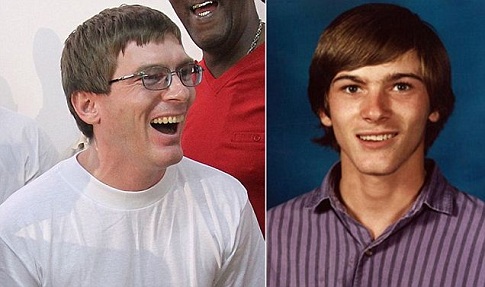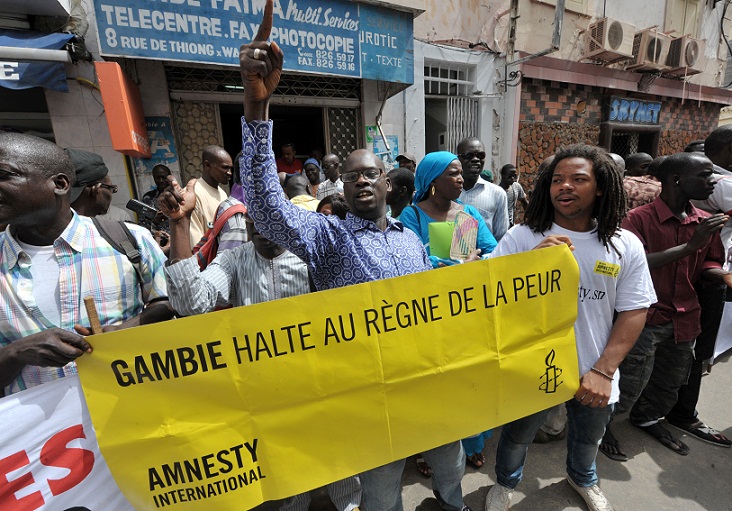Kenneth Mosley is scheduled for execution on September 24. He has been on death row for the past twelve years. Mr. Mosley was convicted of killing a police officer while attempting to rob a bank in Garland, Texas on February 15, 1997.

Kenneth Mosley
If and when he is executed, Mr. Mosley will be among the 200+ victims of the death penalty under a single Texas governor.
Mr. Mosley has committed a terrible crime, and things look grim for him. He overcame many adversities in his life, but finally a combination of addiction and difficult circumstances led to this tragedy. Still he says:
I’m staying positive and have hope that something good will happen …
Kenneth Mosley grew up in an abusive home. His family was very poor, and racial tensions ran high in the community. In spite of it all, Kenneth managed to finish high school and a year of college. Unfortunately, he did not have the financial means to continue his education. He left college to work in a Coca Cola Bottling Company. Soon afterwards, he met and married his wife Carol. They had a baby girl named Amber.
Life was going well for the Mosely family, but things started to fall apart when Ken became addicted to crack cocaine. He and his wife sought treatment from many different clinics, but after losing his job, he lost his health insurance and, with it, any hope of affording treatment for his addiction. His life went into a downward spiral.
One day, with a gun in his pocket, Ken walked into a bank. A police officer, who later paid with his own life, spotted him and attempted to stop him from robbing the bank. They struggled and crashed through a window. During the struggle, the officer was shot and killed.
During Ken’s trial, the quality of the representation he received was so poor that he may as well have been deprived of his constitutional right to effective counsel. The lawyers failed to present evidence of several mitigating factors that may have influenced the jury’s decision to impose the death penalty. For example, despite the fact that Ken suffered a brain injury resulting in permanent damage, his attorneys did not even examine Ken’s medical records. Nor did they address his debilitating addiction to crack cocaine. No evidence of either impairment was presented to the jury.
If you wish to participate in efforts to obtain clemency for Kenneth Mosley, see Amnesty’s Urgent Action for Kenneth Mosley. For additional information, visit http://www.kennethmosley.org/.





